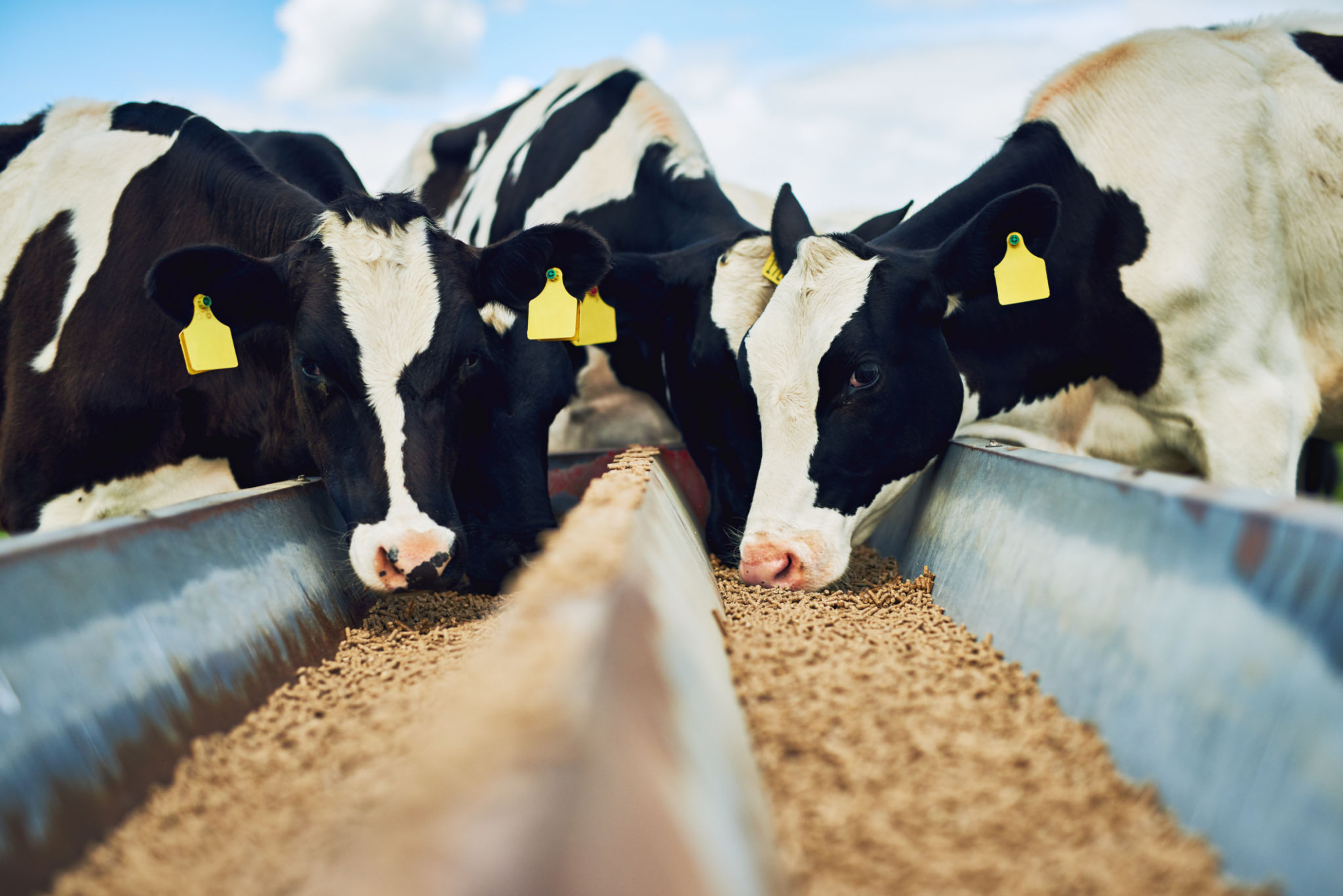How to Care for Mini Highland Cattle: Tips from the Experts
Mini Highland cattle are a delightful addition to any small farm or homestead, known for their manageable size, gentle nature, and distinctive long hair. Caring for these charming creatures requires some knowledge and attention to detail. Here, we’ll explore expert tips on how to properly care for your mini Highland cattle.
Understanding the Breed
Mini Highland cattle are a smaller version of the traditional Scottish Highland cattle. These miniature cattle exhibit the same thick coats and curved horns, which make them particularly hardy in colder climates. Understanding their unique characteristics will help you provide the best care possible.
A key benefit of choosing mini Highland cattle is their adaptability. They thrive in diverse environments, from rugged hills to more temperate pastures. Their thick fur not only provides warmth but also sheds water, keeping them dry in wet conditions.

Feeding and Nutrition
Essential Dietary Needs
Mini Highland cattle primarily graze on grass, making them relatively low-maintenance compared to other livestock. However, ensuring they have access to high-quality pasture is crucial. During winter or in areas with limited grazing, supplement their diet with hay and a balanced mineral mix.
Supplemental Feeding
While grazing is sufficient for much of the year, consider supplementing their diet with grains or pellets during periods of poor pasture availability. This will help maintain their condition and ensure they receive all necessary nutrients. Always provide fresh water to keep them hydrated.

Shelter and Fencing
Providing Adequate Shelter
Although mini Highland cattle are hardy, they still need some form of shelter from extreme weather conditions. A simple three-sided shed can offer protection from wind, rain, and intense sun. Ensure the shelter is well-ventilated and clean to prevent health issues.
Fencing Requirements
Proper fencing is essential to keep your mini Highland cattle safe and contained. Sturdy fences made of woven wire or electric fencing are recommended. Regularly check the fencing for any damage or weak spots that might allow your cattle to escape.

Health and Veterinary Care
Regular Health Checks
Conduct regular health checks to ensure your mini Highland cattle remain in good condition. Look for signs of illness such as changes in appetite, unusual behavior, or physical symptoms like coughing or limping. Maintaining a strong relationship with a local veterinarian ensures that any health concerns are promptly addressed.
Vaccinations and Parasite Control
Keep up with a vaccination schedule to protect against common diseases. Parasite control is also crucial; regular deworming will help maintain their health. Discuss with your vet to establish an appropriate schedule based on your region and herd size.
Socialization and Handling
Mini Highland cattle are naturally docile but benefit from regular handling to become comfortable around people. Spend time with them daily to build trust and make routine tasks like grooming or veterinary checks easier. Socialization is key to a happy herd.
If you are raising multiple mini Highland cattle, they will typically form strong social bonds. Allowing them to interact freely will contribute positively to their well-being.

Caring for mini Highland cattle can be a rewarding experience, offering companionship and utility on your farm or homestead. With these expert tips, you can ensure your herd remains healthy and content, bringing joy and benefits for years to come.